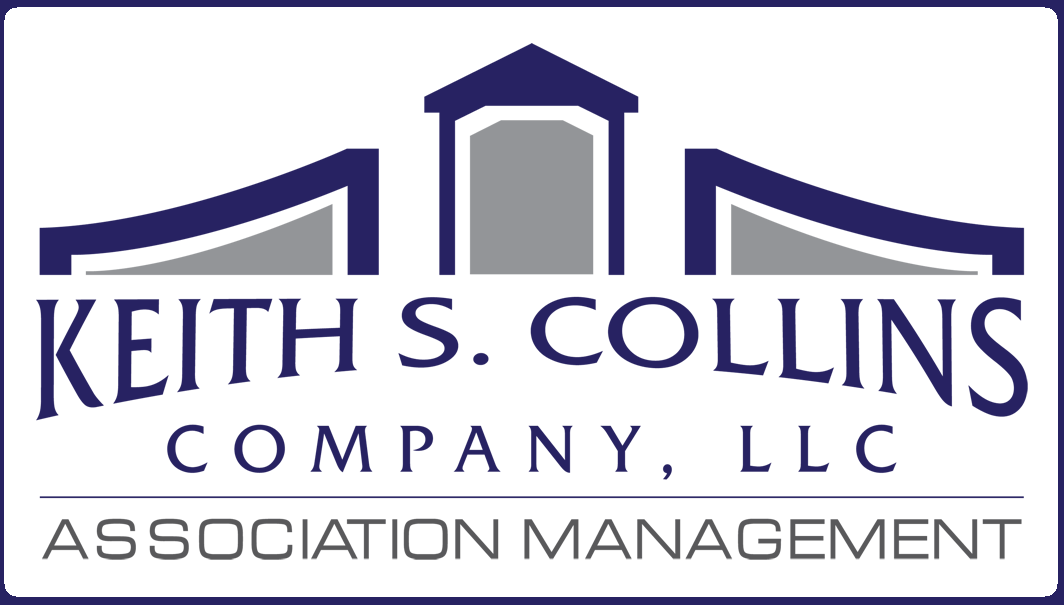It is a non-profit corporation managed by a duly elected Board of Directors. Its purpose is to maintain all common areas and to govern the community in accordance with the provision of the legal documents including the Covenants, Conditions, and Restrictions (CC&R’s), Bylaws, and Articles of Incorporation.
The Covenants, Conditions and Restrictions (CC&R’s) are the governing legal documents that set up the guidelines for the operation of the planned community as a non-profit corporation. The CC&R’s were recorded by the County recorder’s office of the County in which the property is located and are included in the title to a homeowner’s property. Failure to abide by the CC&R’s may result in a fine to a homeowner by the Association.
The Bylaws are the guidelines for the operation of the non-profit corporation. The Bylaws define the duties of the various offices of the Board of Directors, the terms of the Directors, the membership’s voting rights, required meetings and notices of meetings, and the principal office of the Association, as well as other specific items that are necessary to run the Association as a business.
A management company is contracted by the Board of Directors to provide services including collection of assessments, supervision of subcontractors, obtaining bids for subcontracted services, providing financial statements and collection reports, as well as a general clearing house for problem solving. The management company reports directly to the Board and all decisions are made by a majority vote of the Board of Directors.
The manager has two primary reponsibilites: to carry out policies set by the Board and to manage the Association’s daily operations.
Some residents expect the manager to perform certain tasks that just are not part of the job. When the manager does not meet those expectations, residents are naturally unhappy. Since we want you to be happy, we are offering a few clarifications to help you understand what the manager does.
The manager is trained to deal with conflict, but he or she will not get involved in quarrels you might be having with your neighbor. However, if Association rules are being violated, the manager is the right person to contact.
While the manager works closely with the Board, he or she is an advisor – not a member of the Board. Also, the manager is not your advocate with or conduit to the Board. if you have a concern, send a letter or e-mail the Board directly.
Although the manager works for the Board, he or she is available to the residents. That does not mean the manager will drop everything to take your call. If you need to confer with the manager, call and leave a voicemail if the manager is not accessible at that time. Your call is important to us and will be returned. If a matter is an emergency, call the management company and speak to the operator. If the emergency would involve the fire or police departments, call 911.
The manager is responsible for monitoring contractors’ performance, but not supervising them. Contractors are responsible for supervising their own personnel. If you have a problem with a contractor, notify the manager, who will forward your concerns to the contractor and the Board. The Board will decide how to proceed under the terms of the contract.
The manager inspects the community regularly, but even an experienced manager won’t catch everything. Your help is essential. If you know about a potential maintenance issue, report it to the manager.
The manager does not set policy. If you disagree with a policy or rule, you will get better results sending a letter or an e-mail to the Board than debating the manager.
The manager has a broad range of expertise, but he or she is not an engineer, architect, attorney, or accountant. The manager may offer opinions, but do not expect technical advice in areas he or she is not qualified in.
Although the manager is a great resource to the Association, he or she is not available 24 hours a day – except for emergencies. Getting locked out of your home may be an emergency to you, but it is not an Association emergency. An association emergency is defined as a threat to life or property.
The Homeowner’s Association again is a corporation and therefore a governing body is required to oversee its business. The Board of Directors is elected by the homeowners, or as otherwise specified in the bylaws. The limitation and restrictions of the powers of the Board of Directors is outlined in the Association governing documents.
Most associations have developed Rules and Regulations as provided for in the CC&R’s and adopted by the Board of Directors. Rules are established to provide direction to the homeowners for common courtesies with regard to parking, vehicles, pets, pool use hours, etc. In addition, the Association will adopt Architectural Guidelines with procedures for submitting requests to make exterior changes to a home.
